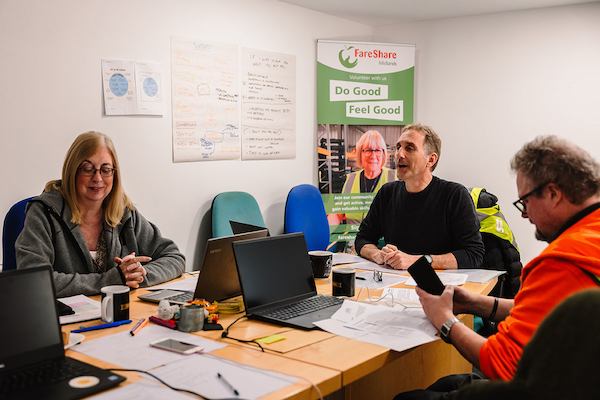Traditional employment support provision has not worked for people in their fifties and sixties. The data from both the Work Programme and Work and Health Programme has shown us that people in this age group are less likely to be supported into work than any other. In fact, the only things more impactful than age on a person’s chances of finding work, whilst receiving employment provision, is the length of unemployment and confidence. When this is combined with the fact that people who become unemployed in their fifties are twice as likely to become long-term unemployed compared to younger workers, it poses a huge risk for the workforce.
Many people found themselves out of work in the pandemic, and many people are forced into early retirement due to redundancies, ill health, or caring responsibilities. The combination of these two factors has led to employment support providers finding themselves with a greater number of over 50s on their caseloads than ever before. Some Key Workers on the Work and Health Programme in Greater Manchester estimate that 1 in 4 of their caseloads are now people in their fifties and sixties. While there are common challenges in finding work across all ages, people aged 50 and over often experience the compounding impact of multiple issues.
The feedback obtained from employment support providers, commissioners, and jobseekers alike suggests that help is needed to tailor the support on offer; it needs to be more appealing and better suited to the unique needs of older jobseekers.
In response, Ageing Better, in partnership with the Institute for Employability Professionals (IEP) and Ingeus, developed introductory online training modules for frontline employability staff. Using insights gleaned from workshops with Key Workers from the Work and Health Programme and Department for Work and Pensions Work Coaches, we developed four online modules. These modules covered common themes and challenges with a focus on the failings of past provision, skills delivery, employer relationships and wider societal challenges – those that are more prevalent among older workers such as financial challenges, health and caring considerations.


